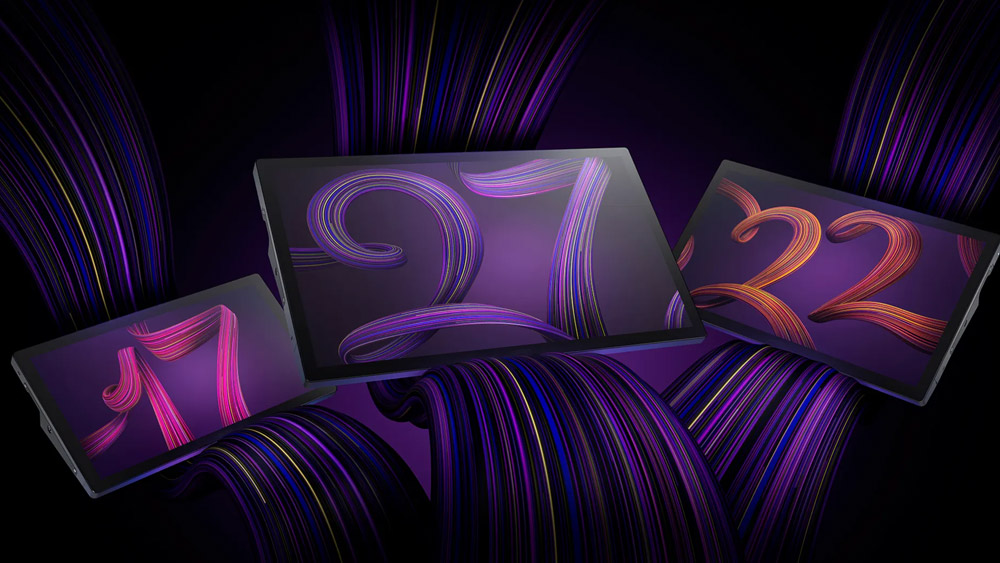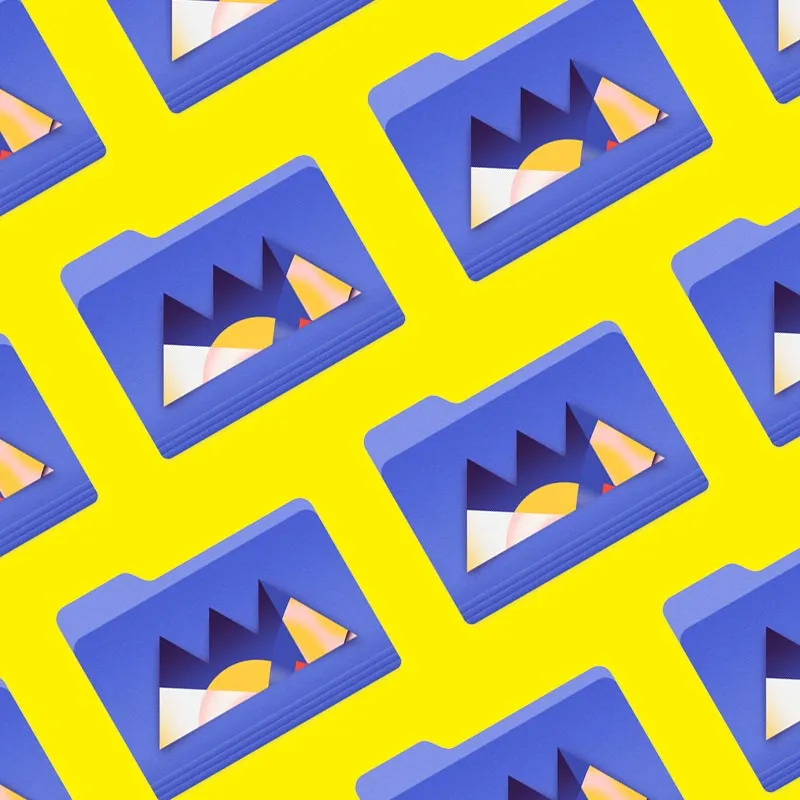Learn how a Marine became a motion designer while deployed, a chat with Phillip Elgie.
Our courses are tough, this is a well established fact at this point. But, how tough would they be if you took away internet access, working in the Mojave desert, and place yourself in a battle-zone. How much harder do you think that would be?
Today's alumni interview features someone who went through our courses in those exact situations. Phillip Elgie has signed up for three of our courses and two of which were taken during his enlistment to the Marine Corps.
Take some time to learn how this Marine became a motion designer while on deployment! Phillip not only is a motion designer, he's a very good photographer and videographer. All of these skills come together in a unique fashion and help Philip continually get work in our creative field.
So, let's cut the chit-chat and get into Phillips intriguing journey!
Phillip Elgie Interview
Hey Phillip! Mind telling us about yourself?
Well it's probably not incredibly unique since there are about 180,000 of us, but up until recently I was a US Marine. I spent 12 years in the Corps, which surprisingly is actually where I found motion design and fell in love with it.
I am originally from just north of Seattle, WA in a small-ish city called Bellingham. I graduated high school and did a little college there, but life happens so I quit school and started freelancing for some local newspapers as a sports photographer.
In 2007, I decided to join the military as a photographer, (which is, believe it or not, a real job) to document what the service members were doing overseas.

That was around the same time as the DSLR revolution kicked-off and because I had a Canon 5D MKII, I was now expected to shoot video as well.

I really got into it.

How did you find motion design while in the Marines?
In 2009, I was working with another military videographer on a project and they made a picture of a flag wave in After Effects. Up until that point, I had no idea that was even possible.
I immediately went home that night and watched all of Video Copilot’s Basic Training and then just basically started teaching myself through whatever resources I could find either online or by networking.
I was in AE as much as possible and definitely figured out a lot of things by trial and error.
The USMC doesn't offer a motion designer role, so I was on my own to find work, figure out what I liked to make, develop taste and aesthetic and learn the business side of being creative.
Over the next few years, I was able to freelance as a motion designer (I found out later that's what this job is even called) animating logos and doing some bigger infographic style work. And then I got an offer to design and animate a 30 second regional commercial for a bank and I felt like "this is it, I've hit it big!"
I was wildly unprepared to do something of that scope at that time but I absolutely muscled my way through that first piece and it was such a clunky process but I got through it with a whole list of "do better next times".
A few years after that, as literally the only guy in the USMC that had a reputation for "mographing", I pitched to have their most recent campaign produced as an animation (versus a live action filmed commercial). It doesn't look fancy, but believe me this is as designed as I could push it and still get it approved by the government.
This was the first time I chose to incorporate a sound designer and VO artist and after this, I never want to go back to doing it myself.
Do you have any personal projects out in the wild, what have you learned from doing those?
I have done a few personal projects and I think these are the most important projects I do as a professional creative.
Besides the ones that pay the bills anyway.
The bulk of the work I get hired to do is based off of what is in my reel or what people have seen me do in the past. So it can be easy to get pigeonholed into creating the same things over and over and never having the opportunity to expand past that.
Also, most of my client work is not a true representation of my taste or skill because it is typically corporate and has a particular look and feel to it. It's hard to explain to a corporate client how cool it would look if we had this melting into that and then "wooshing" over here.
I feel like it is paramount that I allow myself to explore not only my skills but also my philosophy and taste through personal projects. Then if it comes out cool, you can use that project as an example to send to clients to get more similar work.
I experience a ton of growth every time I decide to make something just for me, whether it is a technical skill or trying something that is out of my comfort zone.

Just this week I discovered how to make a GIF. I was giddy to figure this out and now I want to GIF everything.
I'm a giffing fool.
You have to get excited about these little things and have fun with it. One rule I set for myself is that personal projects don't always have to be full-fledged videos, they can also just be you messing around learning new ways to solve a problem, or figuring out that expression you've been meaning to do but never made time for (hence learning GIFs).
It's important to make time for yourself, to grow as a technician and artist.
Wow, that was inspirational. What has been your favorite personal project so far?
My favorite personal piece by far is something that I made for my wife Christina (girlfriend then) as a gift for our second anniversary.
I was deployed during our first anniversary and she (with a degree in English Literature) wrote me this ridiculously spot on letter summarizing us and our relationship and how we support each other and it literally brought me to tears.

I read and reread it many times so I decided I would use my passion for her and my craft to make something that is (hopefully) representative of how much she means to me.
Also, then I could say I made her a present, which would show that I loved her more than she loved me; because she only ever bought me stuff. It was a real one upper move and I'm ok with that.
I decided to reach out to a good friend and incredible designer Jordan Bergren, to help me with style frames. We had a few calls back and forth and then he delivered a few frames that were amazing and perfect for what I was trying to do.

From there I designed the rest of the piece and animated it. Somewhere in the middle, I reached out to Wes and Trevor from Sono Sanctus (having always wanted to work with them) about doing sound design and score for the piece and they crushed it as well. I am not only really happy with how this piece turned out but grateful for the inspiration and collaboration of everyone involved. And I guess I'm grateful for my wife, too. I guess.
What are you learning right now?
I have been obsessed with hand-lettering for a while now and have been making an effort to practice as often as I can.
There's an allure to hand-lettering because it feels so foreign to me. I know that I could probably make something better and faster in Illustrator, but using a pen and marker forces me to evaluate every stroke. There's no control z in hand lettering.
You learn that real quick.
What has been your favorite client project so far?
It is hard to say which is my favorite job, but there have been a few that have changed my mindset and redirected my career a bit.
I think it was late 2017, I was hired to make an explainer video for a company looking for investors but with the project's timeline I knew I wanted to bring on a designer to help me. So I reached out to a friend and someone I admire a ton, (and SOM Alumni) David Dodge.
I had been a fan of his work for a while and this marked a point in my career where I realized that I didn’t need to be great at everything. I didn't love designing and I did love animating so it was actually super freeing to cut myself some slack and hire out the work that I knew someone else could do better and faster.
I used to try to be the one stop shop of designer, animator, editor, sound designer, etc. but I had been in the industry long enough to build up a phenomenal network of professionals that I could start collaborating with instead of trying to do it all myself.
In addition to that, I recently was commissioned to make a title opener for a YouTube series called Jacob of All Trades. It follows a CrossFit athlete as he goes through some fun and interesting life experiences. I'm actually a not-so-secret CrossFit enthusiast, and this guy got like 6th place at the CrossFit games this year. So I was pretty stoked to work on this project. It'll be coming out in the near future, so keep an eye out on my social.
I also think it is worth mentioning that I have also made major mistakes that have almost killed projects or put me so far behind I legitimately didn’t sleep for days.
A lot of this is normally caused by not communicating effectively or properly managing expectations with the client, but it has happened and I think it is important to remember to take the good with the bad and understand that messing up is not the end of the world, but rather a good learning experience.
What are some of your career dreams?
My main career goal is the same as it has always been. I want to make great work with cool people that are passionate about their craft.
It's still up in the air what that will look like whether it be freelancing, working in a studio or agency, or being a creative director. It is pretty great that we get paid to do what we do.
I get to make a thing that will live on in the world that will impact people I will never meet and go to places I will never know.
But the bottom line is no matter what you are working on, as long as the people working on it have their hearts in it, it's guaranteed to be a better product. And the best thing you can do is, surround yourself with people who love what they do and you will have fun along the way.
Do you create work outside of motion-design?
Since I have a background in filmmaking I still shoot a lot of stuff whenever I get the opportunity.
I love filming because working in a real-world environment gives me a much better understanding of how things move and how light actually falls on a subject or in a scene. This real-life experience is huge for me when designing or animating anything, I always think “what would this look like, if I was shooting it?” That question can be applied from anything from complex particle simulations to simple shape layers.
I highly recommend that anyone who does design or motion to get their hands on a camera and go take pictures or make a video. It will teach you a ton about storytelling and composition.
For what it is worth, my friends and I got together to make a short film that just got accepted into the NY Shorts Film Festival in addition to a few others, we are super proud of it. If you have nine minutes, check it out:
What was your favorite SOM Course? Did it help your career?
I have taken Design Bootcamp, Explainer Camp, and Advanced Motion Methods.
There were all so different and I gleaned so much unique information, there is absolutely no way I can have a favorite. Not to oversell it, but each one had some life and career-changing lessons to learn.
I remember signing up for Design Bootcamp in 2016, I was so stoked, ready to take my design skills to the next level. Then the week that class started I also found out that I was being sent for Marine Corps training in the Mojave desert for six weeks.
I have no design background and of all the disciplines, it is still the one I struggle with most. So, while probably not the wisest choice, I decided to try and complete the class while I was out there.
I knew going into it, I probably was not going to get a ton of the course work finished and turned in on time because we had no internet connection. So I would drive into town every few days where there was an internet signal and watch all the videos I could and download everything that I needed to do the projects.

In truth, I don’t think I actually finished any one of those assignments, but taking that class changed my life. Michael Frederick really explains his process and for me, since what we do is typically so subjective, to have someone break it down almost scientifically, makes it so much easier and more interesting as a process.
I (not surprisingly) wasn’t able to finish all the assignments but have since gone back into that class and practiced some of the exercises again to help reinforce the skills he taught us.
You think I may have learned from that experience with trying and not succeeding to navigate the high demands of my job, lack of internet, and managing little sleep.
Well, my friend, you would be mistaken.

While deployed to the Middle East in 2018 I decided it would be a good time to take Explainer Camp. I mean, what else did I have to do?
This one wasn’t nearly as difficult for me because we had better internet connection overall, but once again, the demands of the job and class got the best of me.
Even so, I learned so much from my TA, Chris Biewer, and the Explainer Camp instructor, Jake Bartlett. My work is so much more thought out and deliberate now.
I never completed my final project entirely, but what I learned from that course was so pivotal when discussing business and customer interactions. Jake really broke down the entire process from inception to completion of an explainer style video and how he thinks through each step along the way.
Incredible.
One of the biggest things that I lacked when starting out was understanding the processes. Since taking both courses it has given me a ton of confidence and awareness of how to properly complete a task, walk a client through schedule and expectations and make sure I set myself up for success along the way.
What advice would you give people trying to grow their skills in motion design?
I do have a few pieces of advice:
Don’t rush it.
One of the secrets I have learned is that we are never as good as we want to be, and rarely where we want to be in our career. And that is okay. Those goals we have for our lives are good, but they are always going to be moving as we progress.
It's hard to hit a moving target. So try and not get bogged down by where you want to be in the future, appreciate where you are now.
Go outside. Live life.
You will gain more insight and have more to add to your work by getting out from behind your computer every once in a while.
Care to impart some words of wisdom for those looking to get into animation?
Whenever people ask me or mention that they want to get into animation/motion design I always tell them, “Awesome, now you just need to be comfortable with working for 10 hours behind a computer and completing maybe 3 seconds of animation, and that’s called a productive day”.
Obviously not every day is like that, but I think we live in a society where instant gratification is an overwhelming force and I think that sometimes people forget that good work takes time. Heck, sometimes even bad work takes time.
What are you looking to learn next?
Refining my design style has been my main focus lately. Playing around with a ton of ideas to see what I like and what my taste is and how it has changed over the last few years.
I notice that I tend to default to familiar styles, but I want to live outside my comfort zone and make stuff that I have no idea how to do.
Also….character animation.
How can people find your work online?
So I learned that I'm part of that Xennial generation (a.k.a. the Oregon Trail generation and I like that term better). So while I love social media and all its usefulness, I am unfortunately not great at updating any of it.
But here you can find all my things:
- Website: http://www.phillipelgiemedia.com/
- FB: https://www.facebook.com/phillipaelgie
- IG: https://www.instagram.com/phillip_elgie/?hl=en
Thank you for taking the time to chat Phillip and thank you for your service!
ENROLL NOW!
Acidbite ➔
50% off everything
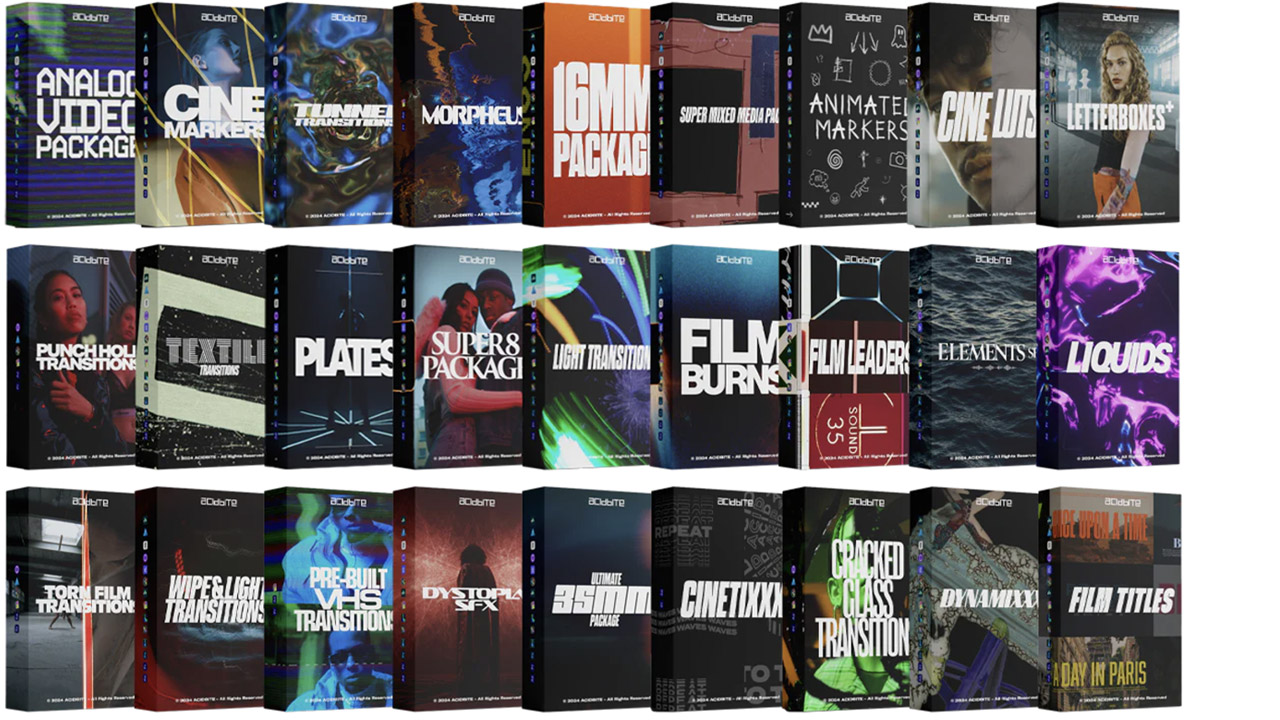
ActionVFX ➔
30% off all plans and credit packs - starts 11/26
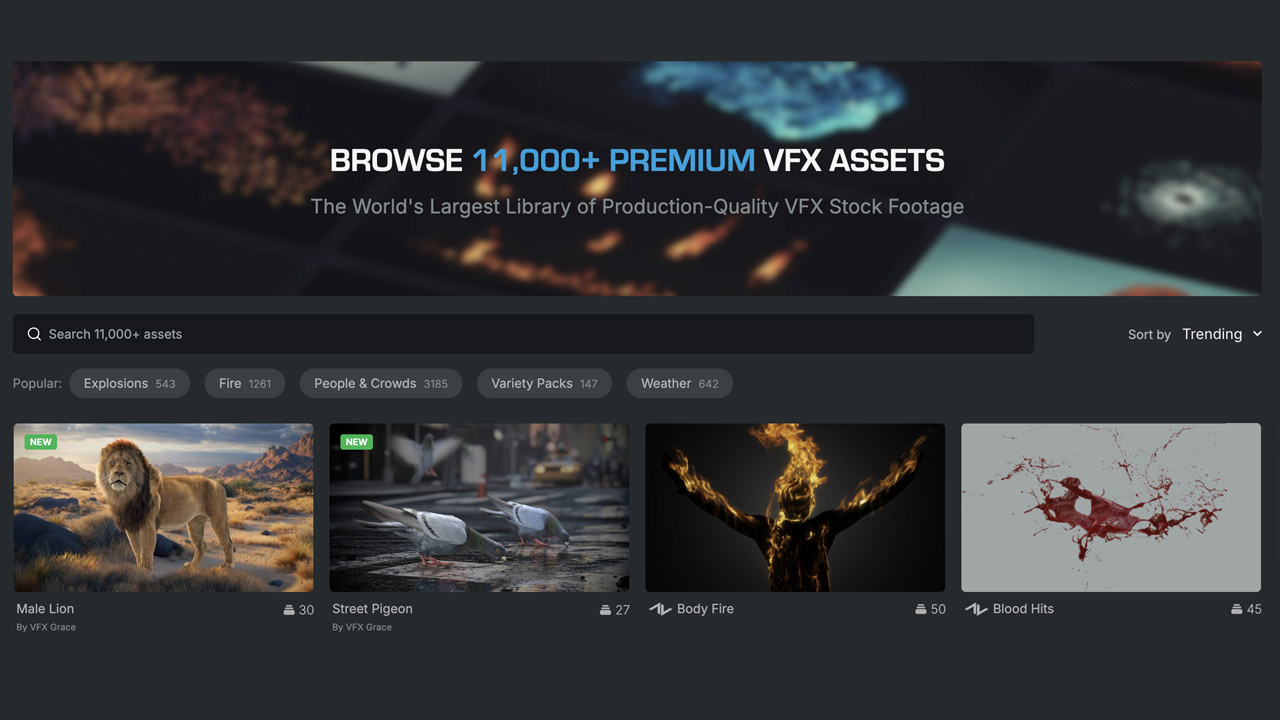
Adobe ➔
50% off all apps and plans through 11/29
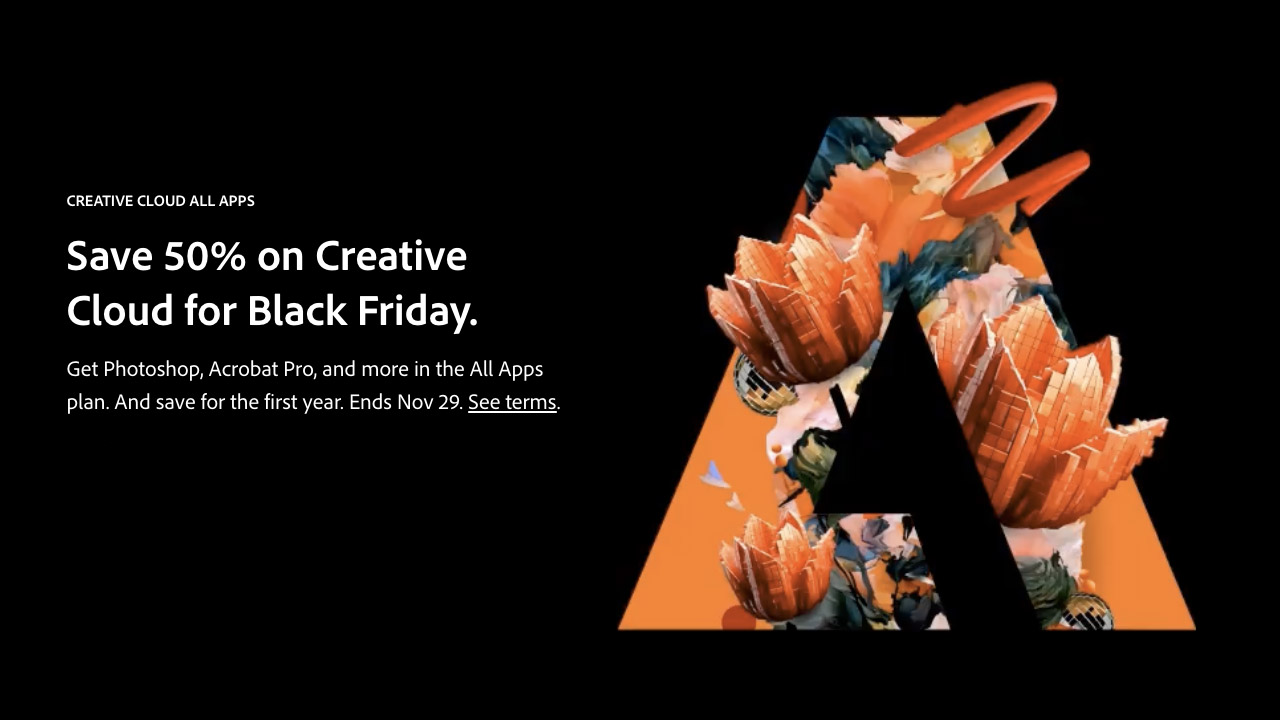
aescripts ➔
25% off everything through 12/6
Affinity ➔
50% off all products
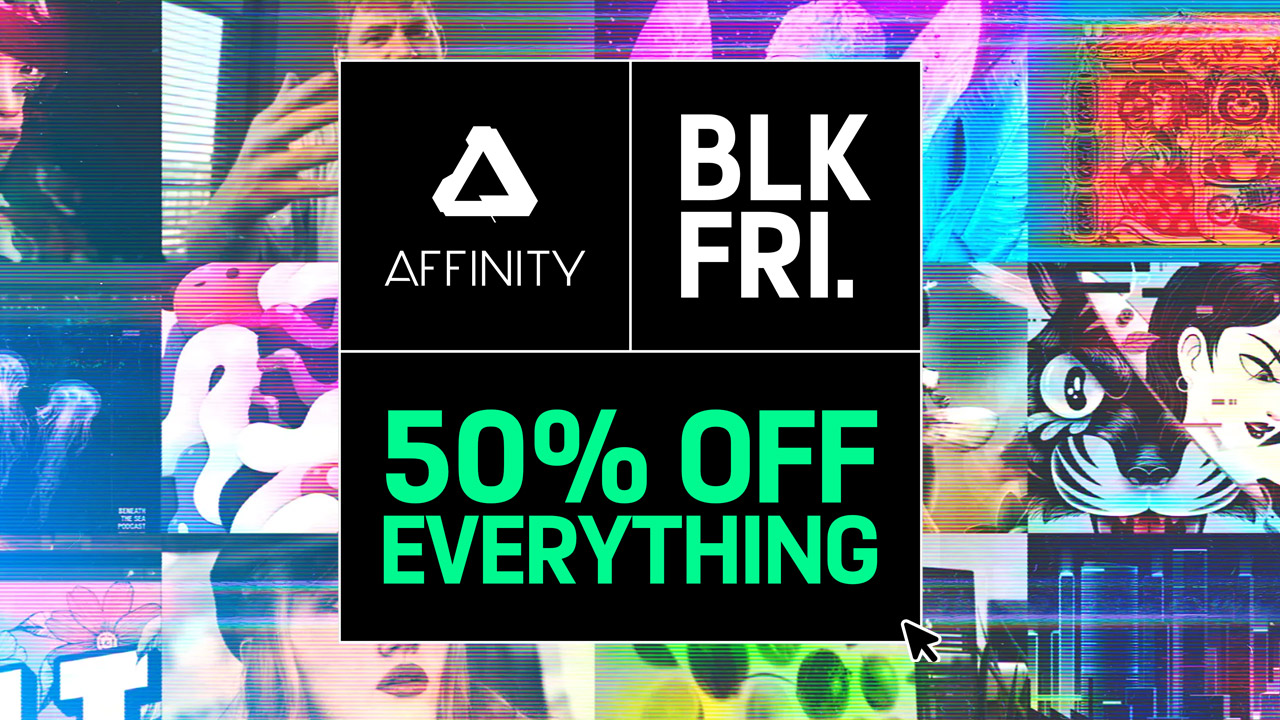
Battleaxe ➔
30% off from 11/29-12/7
Boom Library ➔
30% off Boom One, their 48,000+ file audio library
BorisFX ➔
25% off everything, 11/25-12/1
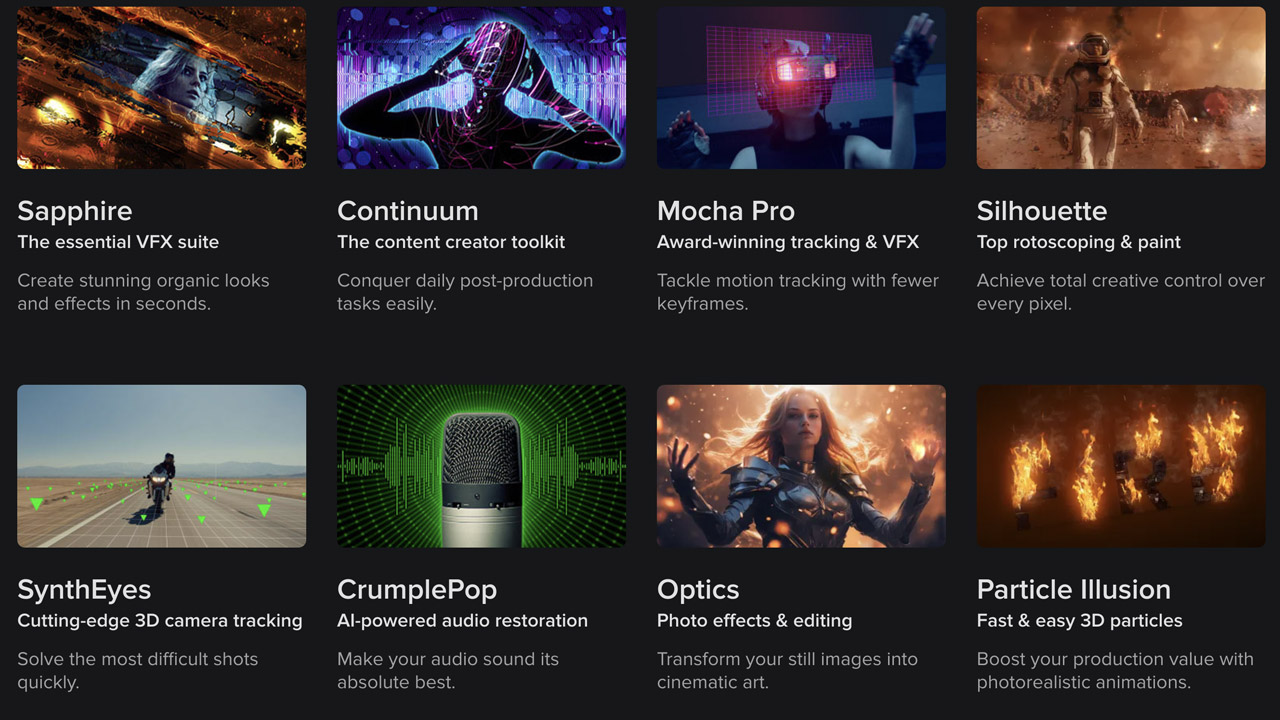
Cavalry ➔
33% off pro subscriptions (11/29 - 12/4)

FXFactory ➔
25% off with code BLACKFRIDAY until 12/3
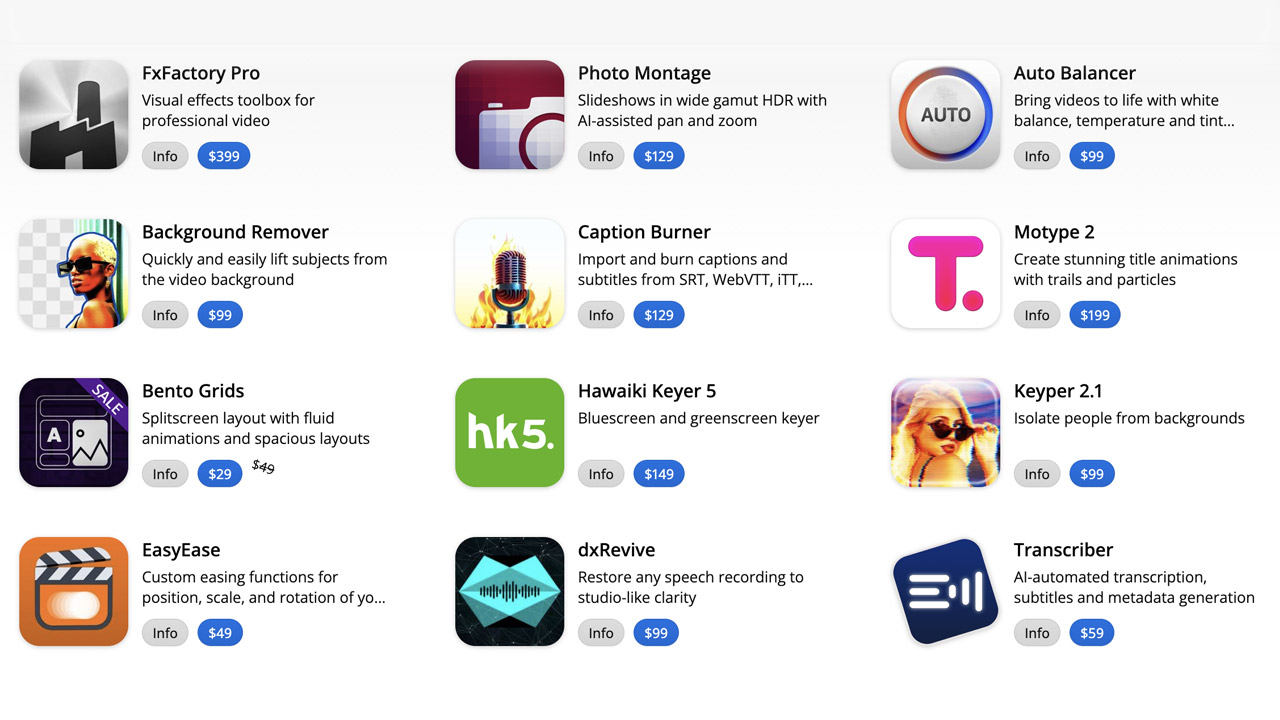
Goodboyninja ➔
20% off everything
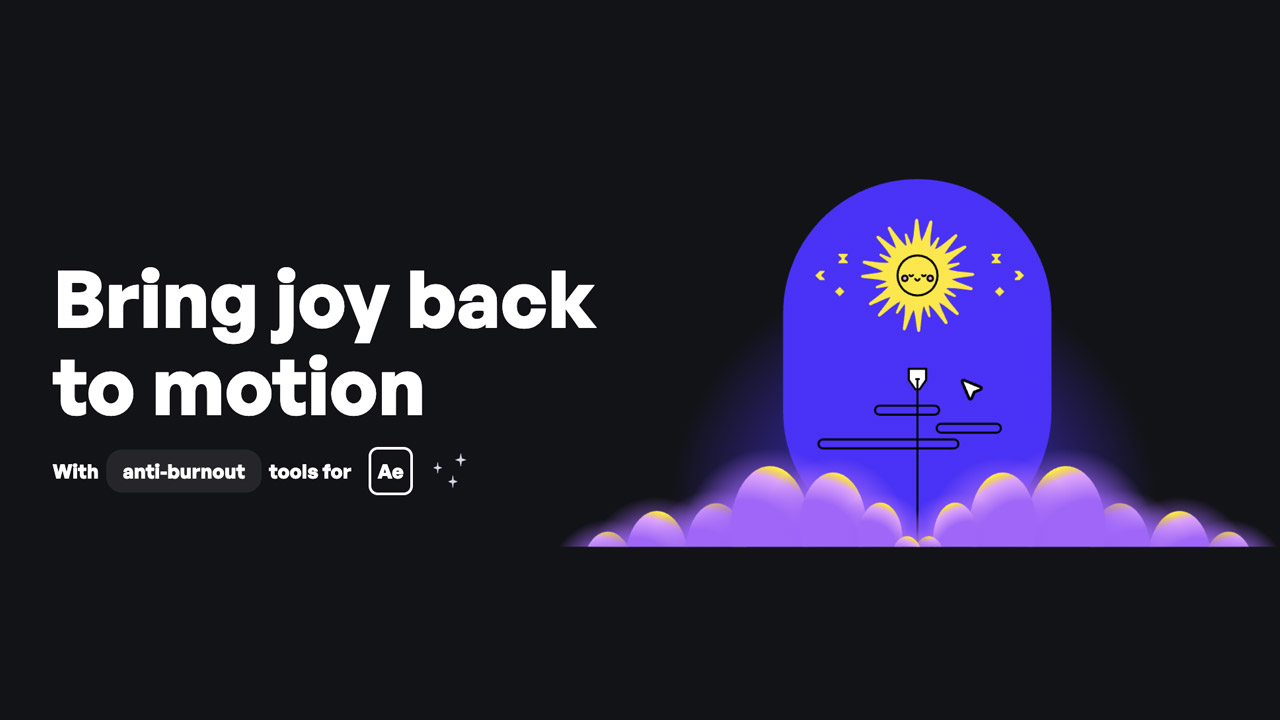
Happy Editing ➔
50% off with code BLACKFRIDAY
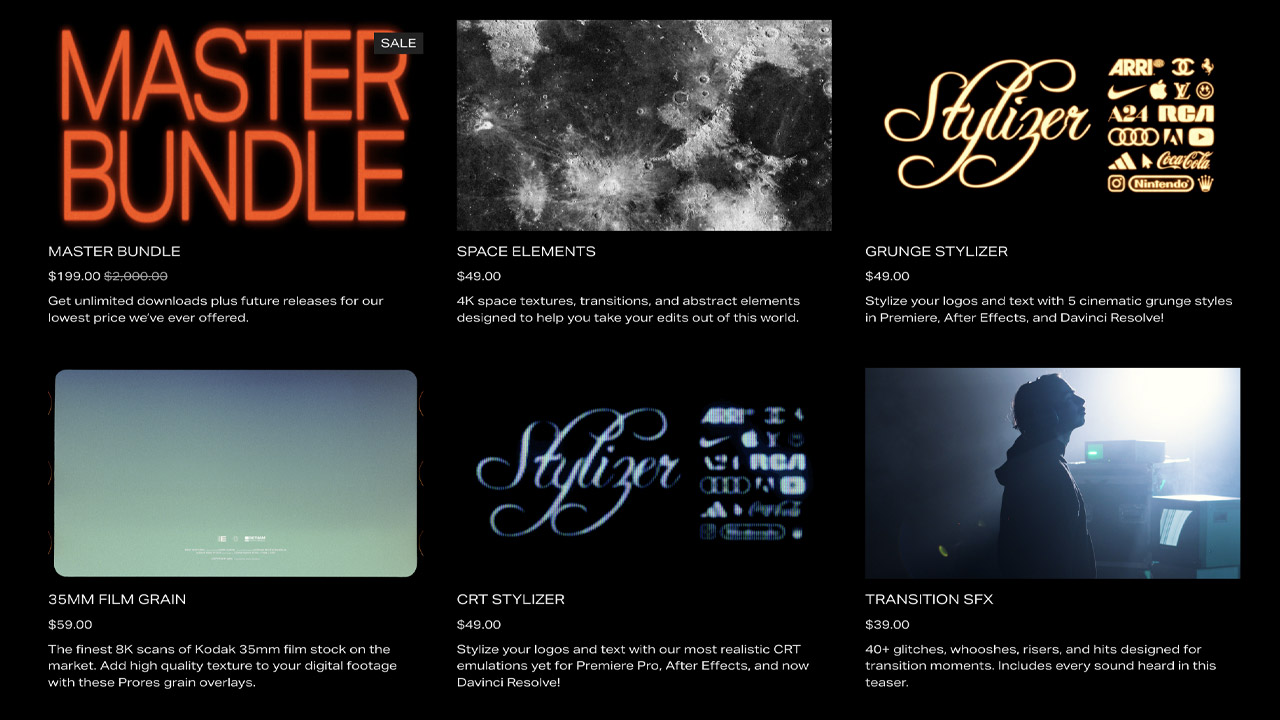
Huion ➔
Up to 50% off affordable, high-quality pen display tablets
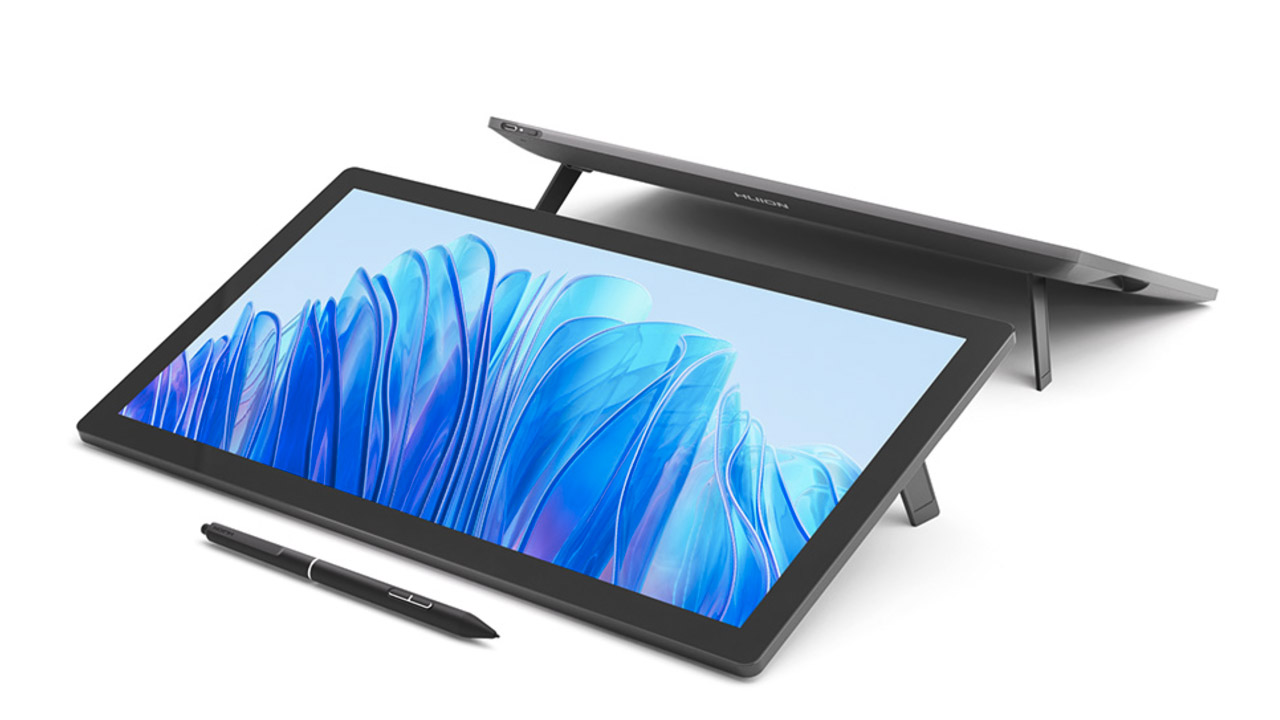
Insydium ➔
50% off through 12/4
JangaFX ➔
30% off an indie annual license
Kitbash 3D ➔
$200 off Cargo Pro, their entire library
Knights of the Editing Table ➔
Up to 20% off Premiere Pro Extensions
Maxon ➔
25% off Maxon One, ZBrush, & Redshift - Annual Subscriptions (11/29 - 12/8)
Mode Designs ➔
Deals on premium keyboards and accessories
Motion Array ➔
10% off the Everything plan
Motion Hatch ➔
Perfect Your Pricing Toolkit - 50% off (11/29 - 12/2)
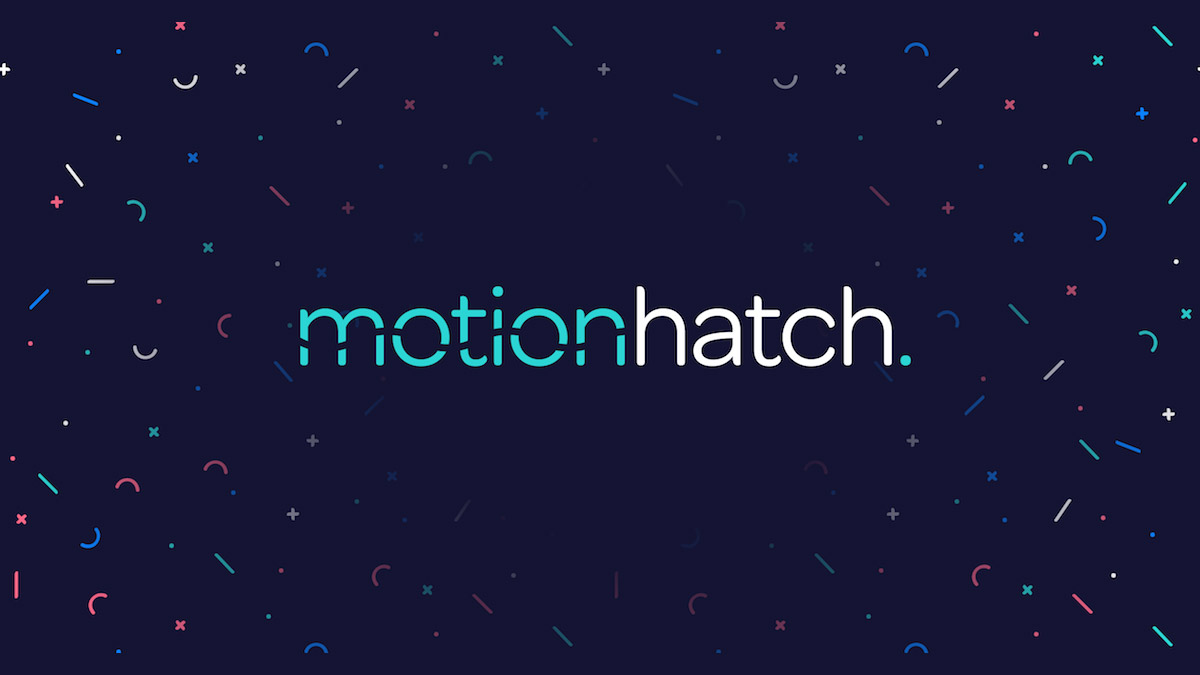
MotionVFX ➔
30% off Design/CineStudio, and PPro Resolve packs with code: BW30
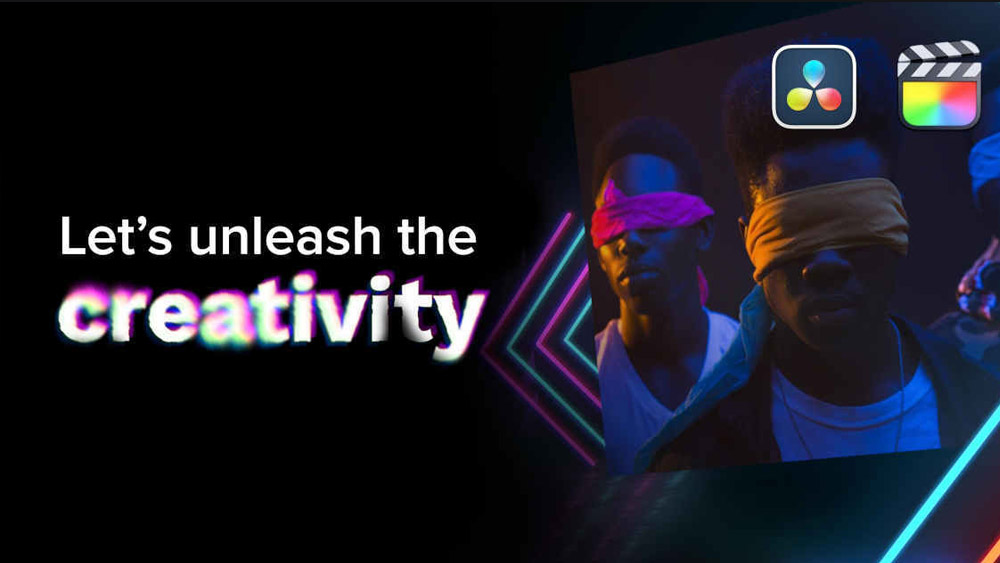
Rocket Lasso ➔
50% off all plug-ins (11/29 - 12/2)
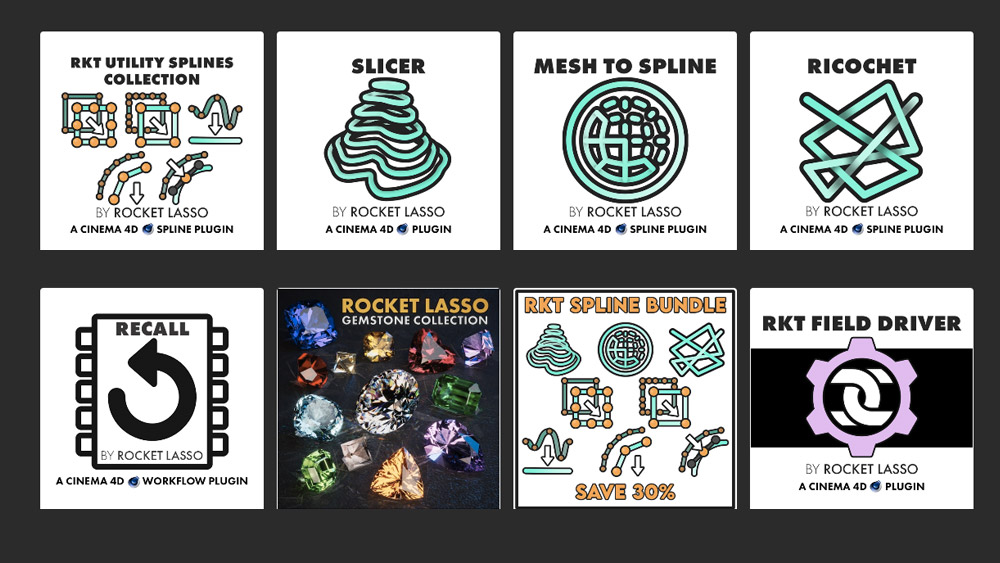
Rokoko ➔
45% off the indie creator bundle with code: RKK_SchoolOfMotion (revenue must be under $100K a year)
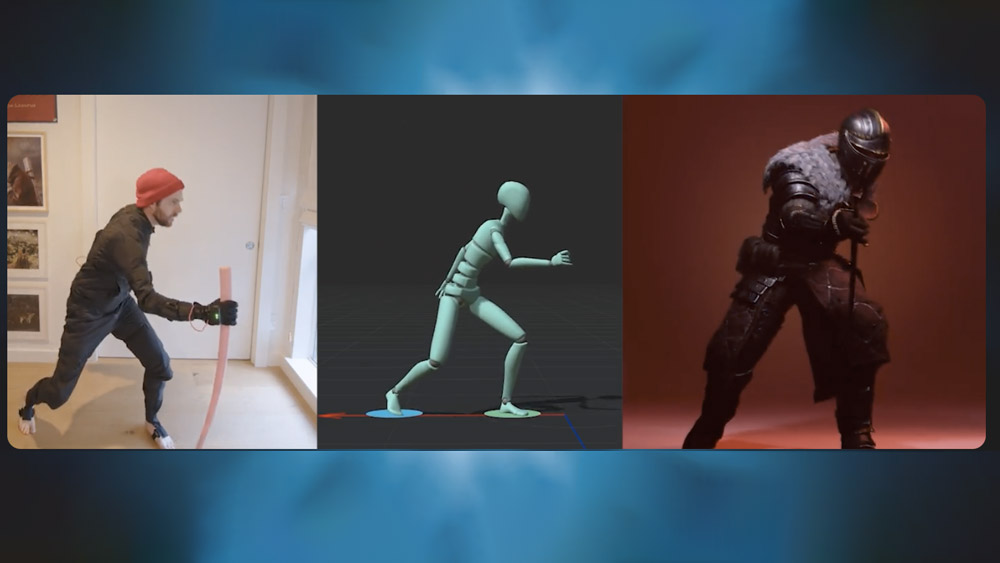
Shapefest ➔
80% off a Shapefest Pro annual subscription for life (11/29 - 12/2)

The Pixel Lab ➔
30% off everything
Toolfarm ➔
Various plugins and tools on sale

True Grit Texture ➔
50-70% off (starts Wednesday, runs for about a week)
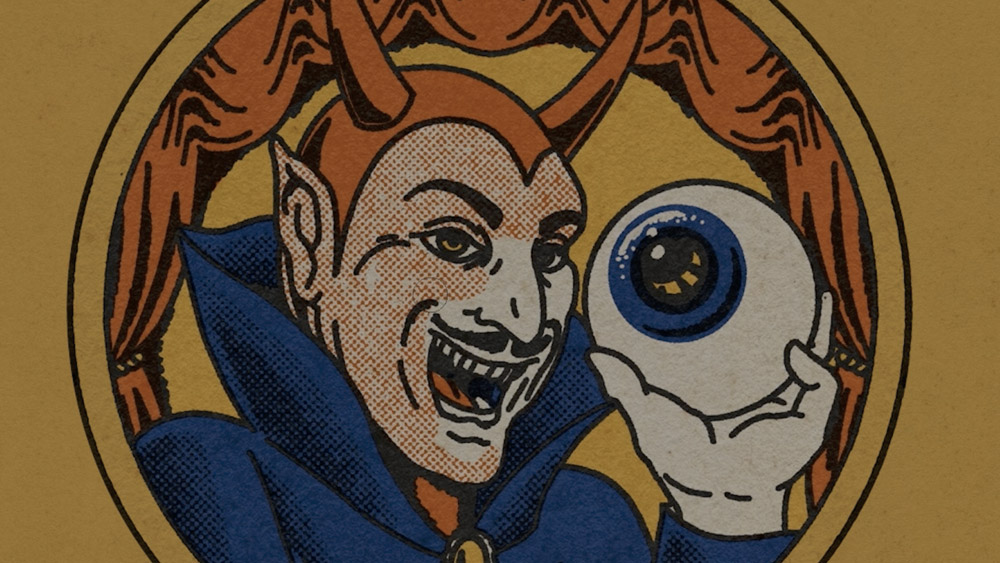
Vincent Schwenk ➔
50% discount with code RENDERSALE
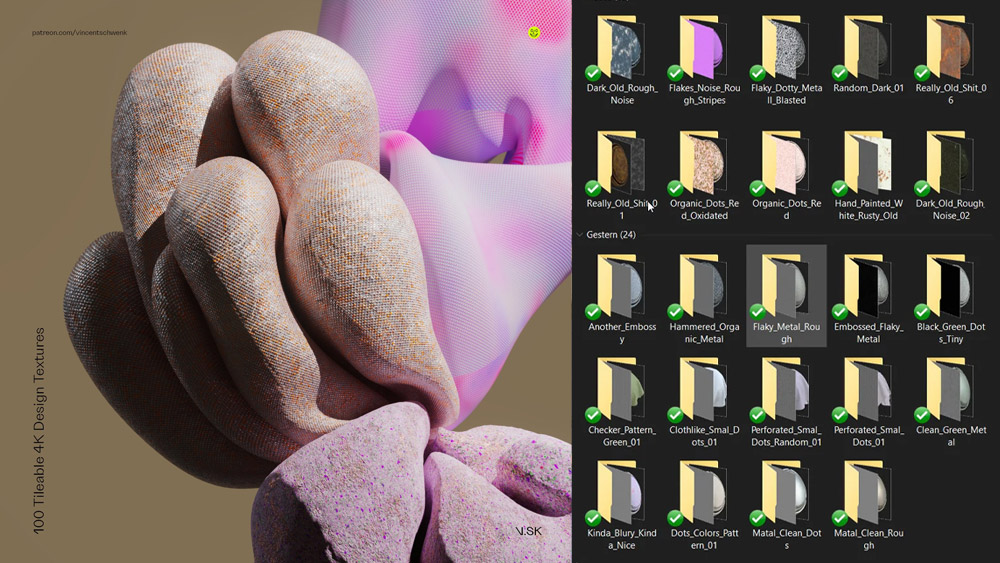
Wacom ➔
Up to $120 off new tablets + deals on refurbished items
